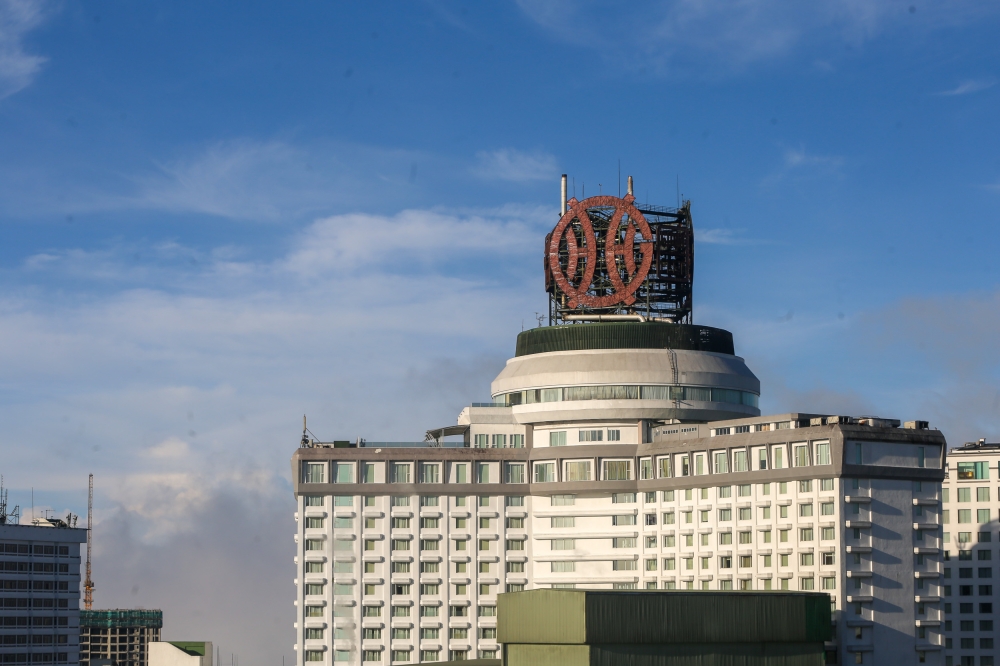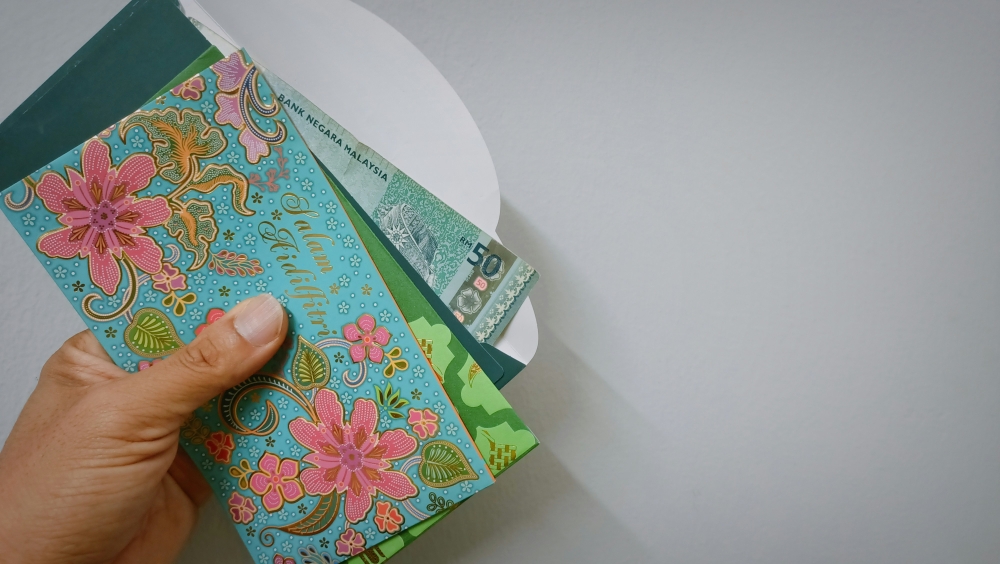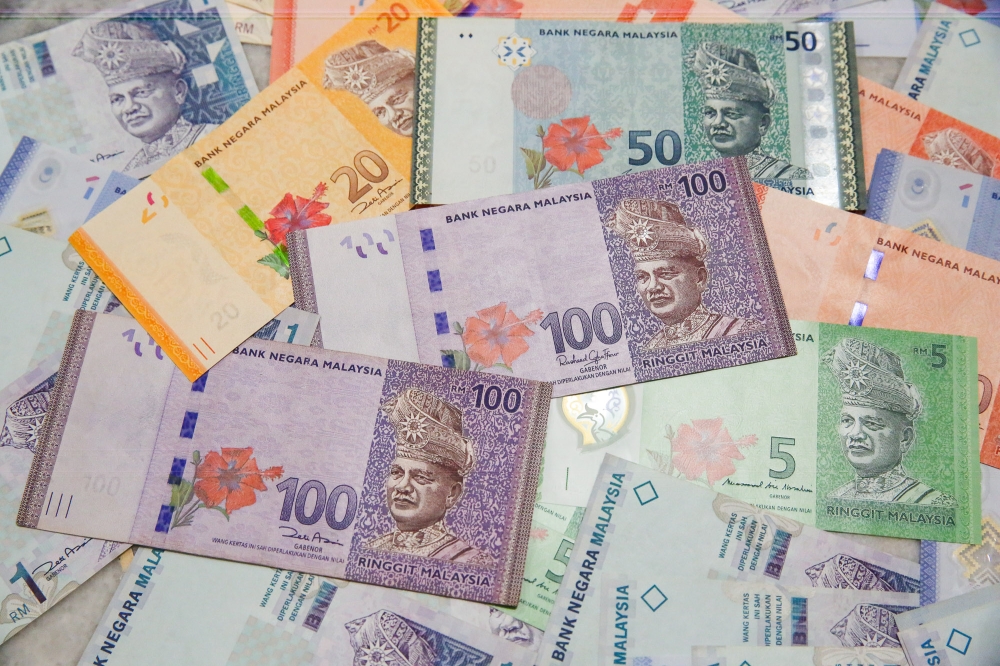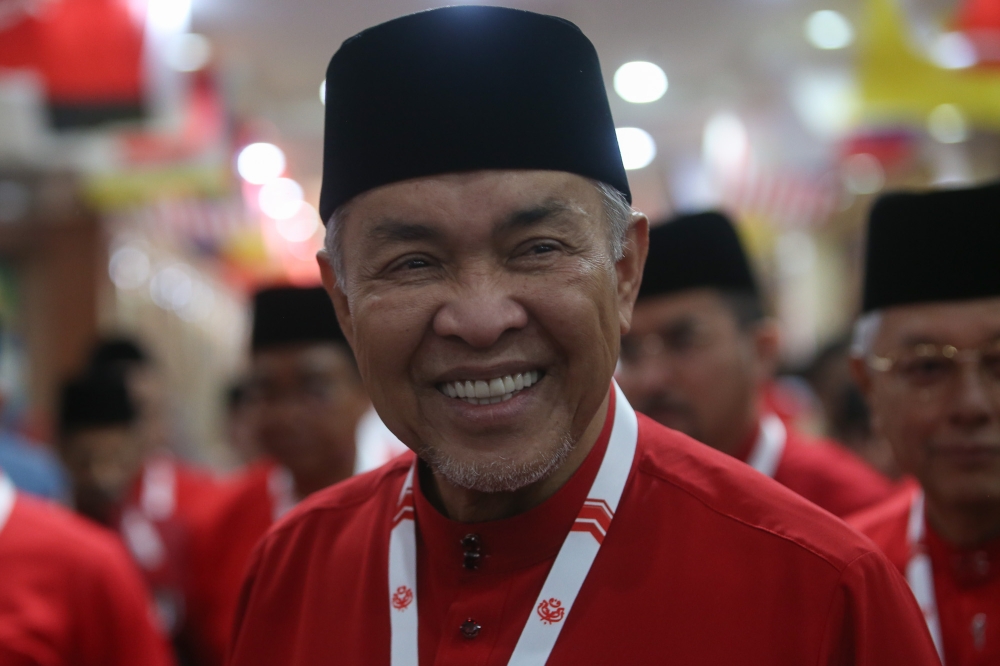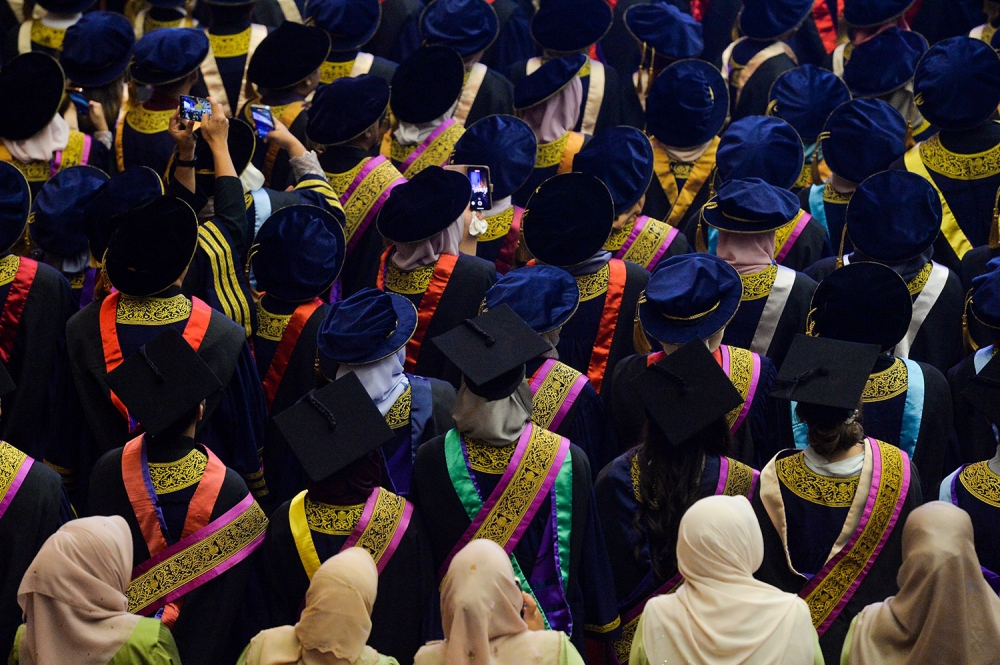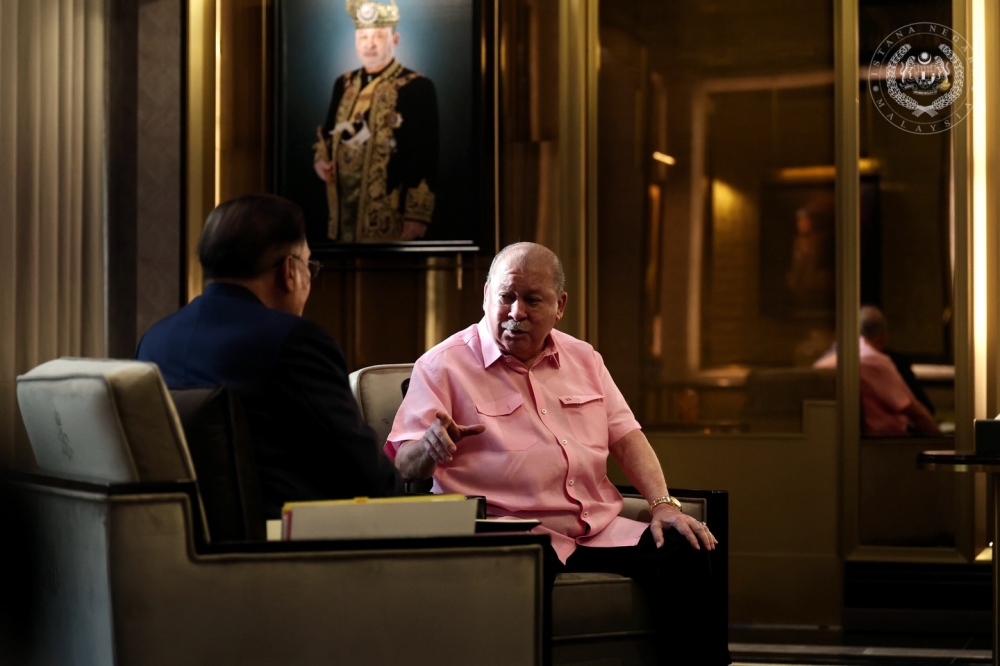MAY 1 — First we had Awie and other random celebs complaining about a still-a-pipe-dream plan to bring BTS to Malaysia. Now we have a preacher proclaiming the groups are setan (devils).
It's laughable, really. Not the first time local celebrities made disparaging remarks about Korean entertainers and it won't be the last.
Invariably the complaints come from men. Though I did stop talking to a woman acquaintance for calling K-pop boys pseudo-men. It's the 21st century so let's stop dictating what a “real man” should be.
If you step back and look at the actual big picture, it's just that South Korea has proven itself top of the capitalism game at how they succeed at marketing their pop culture.
It wasn't all that much different in the 90s with pop bands. Bands such as the Spice Girls and Backstreet Boys didn't organically come together; they were made. Assembled and packaged, primed to appeal to the masses.
Twenty years later the Backstreet Boys have just scored a No.1 album and a Grammys nomination. Not bad for a so-called manufactured band.
It's tiresome how Malaysians will disparage any threat to local goods ― from food to singers. We mock Singapore, Indonesia, Thailand and South Korea for winning the game of mass appeal, instead of actually trying to figure out what we're doing wrong.
Just like the way we market our cars. Our former and current prime minister thought it was a brilliant idea to force Malaysians into buying local by raising tariffs. Now his thinking has spread to the rest of the populace ― locals won't buy our stuff? Let's tax foreign competitors more!
That explains why mediocrity is the rule, and not the exception when it comes to Made in Malaysia.
Awie should leave K-pop boys alone ― most of them give up their child and teenage years to spend all their free time training, hoping for that one in a million chance to make it big.
My own favourite boys Nu'est suffered seven years of obscurity and eating mostly convenience store food. But on Tuesday they debuted in the worldwide iTunes album chart at No. 4, just under the Avengers: Endgame soundtrack, Billie Eilish and Pink.
Celebrities such as Ariana Grande, Little Mix and yes, even BTS, appeal not just with their music or image but how they directly address their fans.

In the 21st century, celebrities make efforts to connect to their audiences, advocating causes that range from LGBT rights to bullying.
Malaysian celebrities and artists have to figure out the game of mass appeal, and stop blaming the local audiences for turning away from them.
For instance, Nu'est's latest music video Bet Bet is the culmination of a four-album-long narrative; knights on a quest seeking their lost queen, where (spoiler) in the end they choose to instead return to the start, and reunite as brothers.
In Malaysia instead we give multiple accolades to a film where a rape victim marries her kidnapper and another one which slanders the father of our current finance minister.
So don't mind me (or other Malaysians, really) if I prefer the fantasies of K-pop over local fare.
* This is the personal opinion of the columnist.

